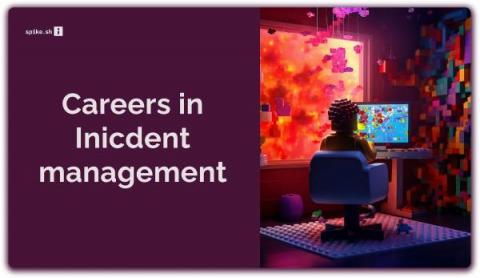Incident response and awareness acceleration: What we can learn from responders of Queenstown floods.
I was visiting Queenstown, New Zealand last week amidst the horrible floods which quickly escalated. As an incident responder myself, I was amazed at the operations and how fast responders on the ground acted in evacuating and clearing the grounds. Over 100 people were evacuated in the middle of the night with zero casualties. A commendable job. Here are some observations I made and what we can learn as incident responders ourselves..











